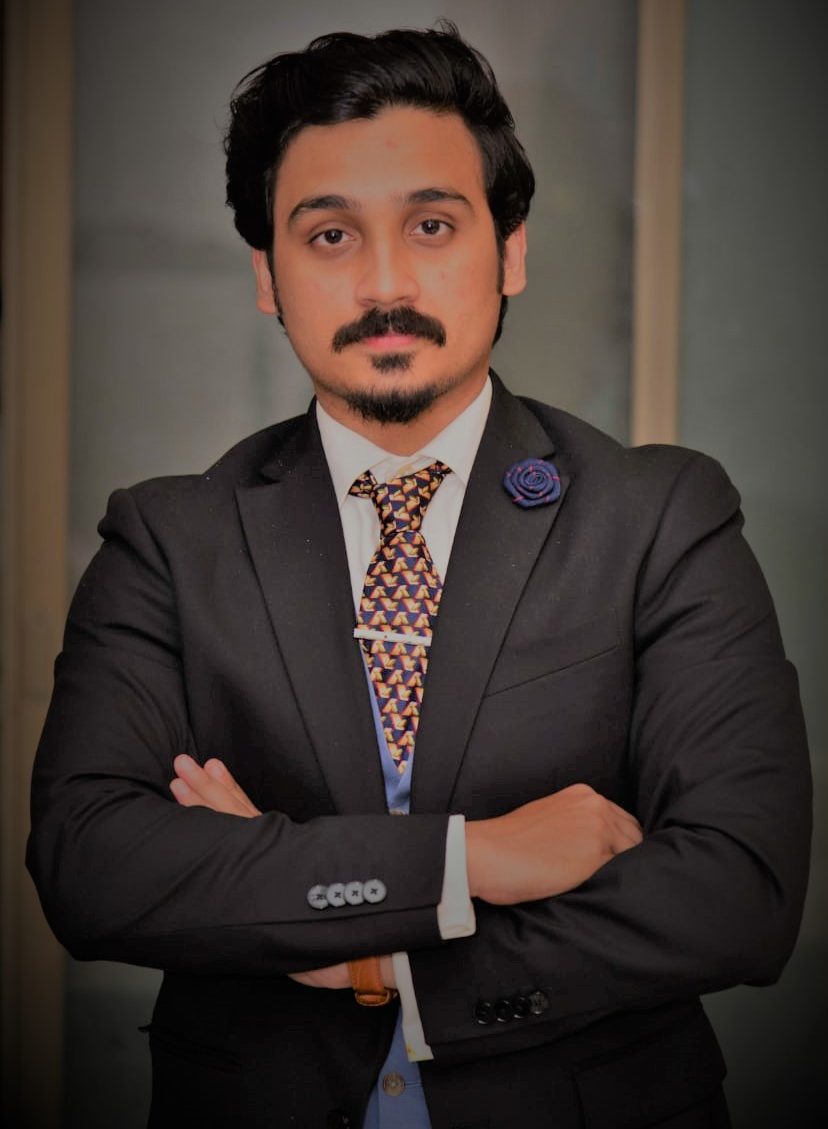Every experience in one’s life, if conceived and accepted in a positive manner, is a lesson. But nobody knew that Nature had decided for such a universal lesson in 2020 in the form of COVID-19. It has not only changed our world but also “theirs” – those who have yet to be born, the posterity. Evidently and eventually, life will return back to normal but the effects of this episode – insignificant in its length but momentous in its consequences – will always shape the reality of our world.
The offshoots that will entail from this event aren’t confined to the global economic and political health. Lives have been lost both young and old changing the trajectory of families and therefore generations forever. What if the child of that young doctor who died due to COVID-19 would have become the founder of a huge company, a generous philanthropist, an aggressive leader, a thief, a law abiding policeman etcetera. It turns out, and history bears a witness to this fact, that even a single person, event, moment can alter the reality of our world forever. We also have a name for it as well, as mentioned by Nassim Taleb in his book Black Swan, theory of non-linearity. We also know it by another name, Chaos theory.
The fact that a minute, small, little change anywhere in the world (which is a complex system) can render changes beyond one’s comprehension is enough to make us rethink our supposed delusional of being special – a factor that we are about to discuss.
I have been a keen observer of a phenomena that has always been present (being part of human psychology) but was prominent when COVID-19 was at its peak. Behind our careless attitude and indifference to recommended precautionary measures, the illusion that we are special and that it won’t affect us, reigns supreme. I know you’d disagree and might be nodding your head in negation at the moment but by virtue of being humans we are easily susceptible to such biases.
Consider the Availability bias wherein people decide the chances of an event to happen based on the ease with which it can be recall or a similar example can come to mind. We do this in our daily life without even realizing. If none of your friends and family members got infected with COVID-19 and you were lucky enough not to see your loved one gasp for their last breath, then your reaction to this disease will be utterly opposite to a man who has.
This phenomena, of thinking that we are special, isn’t confined to COVID-19 or for that matter any disease. It is prevalent in every facet of our life from investment decisions to marriage. Try being cognizant of this and you will find yourself engaging in it many a times.
The problem isn’t that this leads to nonchalant behavior with reference to ailments (which in fact is serious business as it jeopardizes the life of others) but that such a behavior can also be indirectly related to and becomes a reason of our inaction to injustice with, say, a minority.
When people die due to a natural calamity we simply shrug off the news. When someone is lynched by a mob we won’t care. When people lose money in stock markets we shall still invest because of course they are fools but we aren’t. When we hear road accidents being the leading cause of death, we still won’t drive slow because of being a better driver. Last but not the least, when masses are urged to practice social distancing, wear masks and avoid crowded and crowding places, why believe it? They got it, but indeed you won’t! The list goes on.
I am not a psychologist/psychiatrist neither I claim to be well-versed in the theories mentioned above. I have written this just as a plain, common observer who is extremely irritated, disgusted and concerned with this criminal detachment from reality. It isn’t harmful for one’s self only but also for others around you.
The message here is not to start worrying and stop living normally. But the opposite. Realizing that we aren’t special, that we are vulnerable to everything that happens to others, accepting this reality … will help to introduce humility in us. We will care more for others. We may see an increase in empathy and compassion. All of this will only make our societies more sentient – something that is dangerously missing of-late on a global scale.

